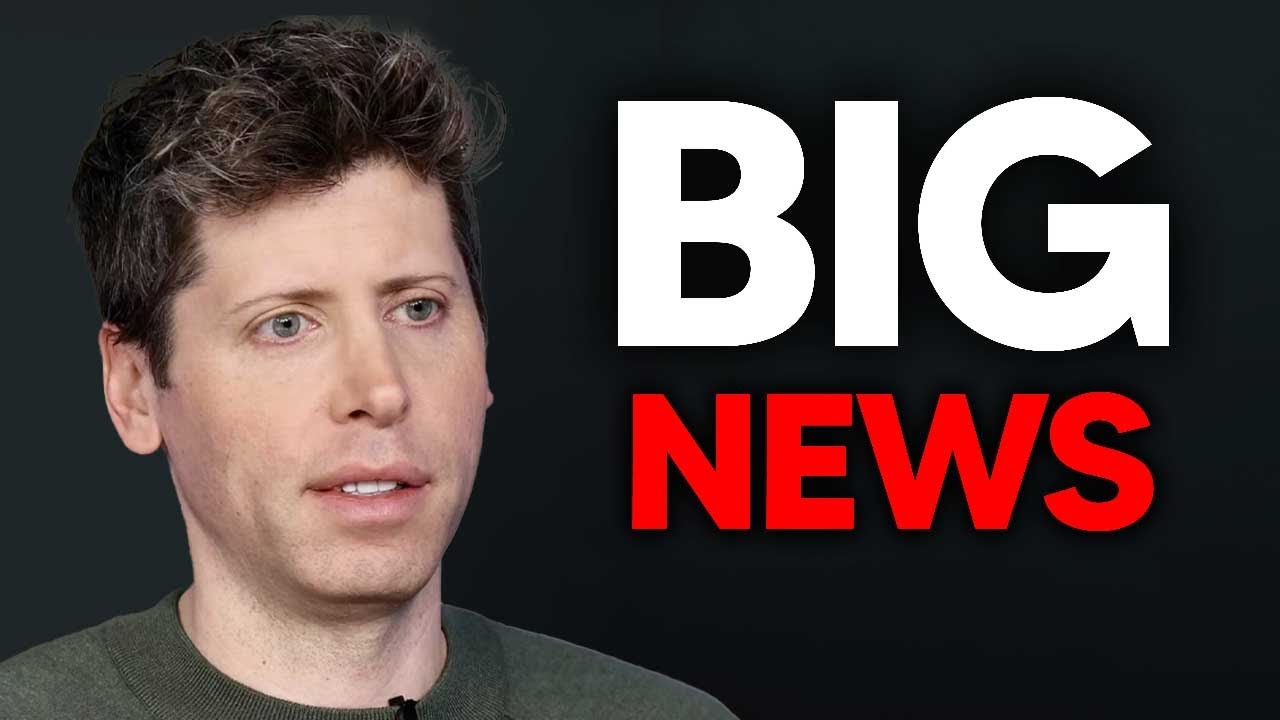This week in AI news, Meta’s Llama 4 model faced significant setbacks during development, raising concerns about the company’s transparency and effectiveness, while Anthropic announced advancements with Claude 4 and Elon Musk hinted at Grok 3.5’s upcoming release. OpenAI plans to release a powerful open-source model amid criticism for not open-sourcing recently, and Google continues to enhance its AI capabilities with Gemini and Vio models, alongside new tools and advancements in robotics.
This week in AI news has been marked by significant developments and controversies, particularly surrounding Meta’s highly anticipated Llama 4 model, which has reportedly faced a catastrophic failure during its development. Leaks from former Meta employees indicated that the company’s generative AI team was in a state of panic, especially after the performance of Deep Seek v3 outperformed Llama 4 in benchmarks. This unexpected setback has raised questions about Meta’s capabilities in the AI space, especially given their substantial investments and talent pool. The situation worsened with revelations that the released model differed significantly from the one that excelled in benchmarks, leading to skepticism about Meta’s transparency and effectiveness.
Anthropic has made strides with their Claude model, announcing a new flexible usage plan that allows for increased access to their AI capabilities. Claude 4 is expected to be released within the next six months, with advancements in post-training and reinforcement learning accelerating progress in AI development. Elon Musk also hinted at upcoming releases from his company, Grok, with Grok 3.5 expected soon, suggesting that competition in the AI landscape is intensifying as companies strive to innovate rapidly.
OpenAI has faced criticism for not open-sourcing any models recently, straying from their original mission. However, CEO Sam Altman announced plans to release a powerful open-source model soon, aiming to regain leadership in the AI community. This move comes amid concerns about the safety testing of their models, which has reportedly been rushed, raising alarms about the potential risks associated with hastily released AI technologies. The pressure to keep up with competitors has led to a reduction in the time allocated for safety evaluations, prompting fears about the implications for AI safety.
In other developments, Google has been making significant advancements in AI, particularly with their Gemini models and the integration of video generation capabilities. The company has announced plans to merge their Gemini and Vio AI models to create a more powerful multimodal AI system. Additionally, Google has made strides in hardware with their TPU chips, which have seen a remarkable increase in performance, enabling the development of more sophisticated AI models. This positions Google as a formidable player in the AI landscape, potentially outpacing competitors in both model performance and hardware capabilities.
Finally, the video highlights the emergence of new AI tools and applications, such as Firebase Studio, which allows users to build apps using natural language prompts. Midjourney has also announced the alpha testing of their version 7 image model, focusing on hyper-realistic image generation. Meanwhile, advancements in robotics, such as the Neo robot’s live demonstrations and the development of boxing robots, showcase the rapid progress in AI and robotics, hinting at a future where these technologies could significantly impact daily life and various industries. Overall, the AI landscape is evolving rapidly, with companies racing to innovate and address the challenges that come with advanced AI technologies.
